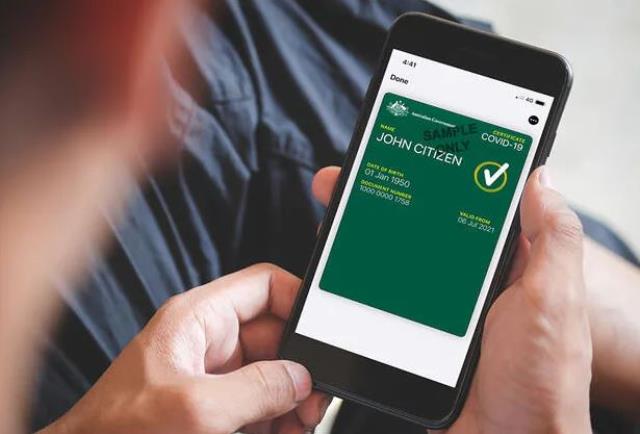Check-in scrapped at some businesses

Digital Edition
Subscribe
Get an all ACCESS PASS to the News and your Digital Edition with an online subscription
UniSQ researchers find potentially habitable planet 150 light-years away
Researchers at the University of Southern Queensland (UniSQ) have discovered a potentially habitable planet 150 light-years away, similar in size to Earth and with...







